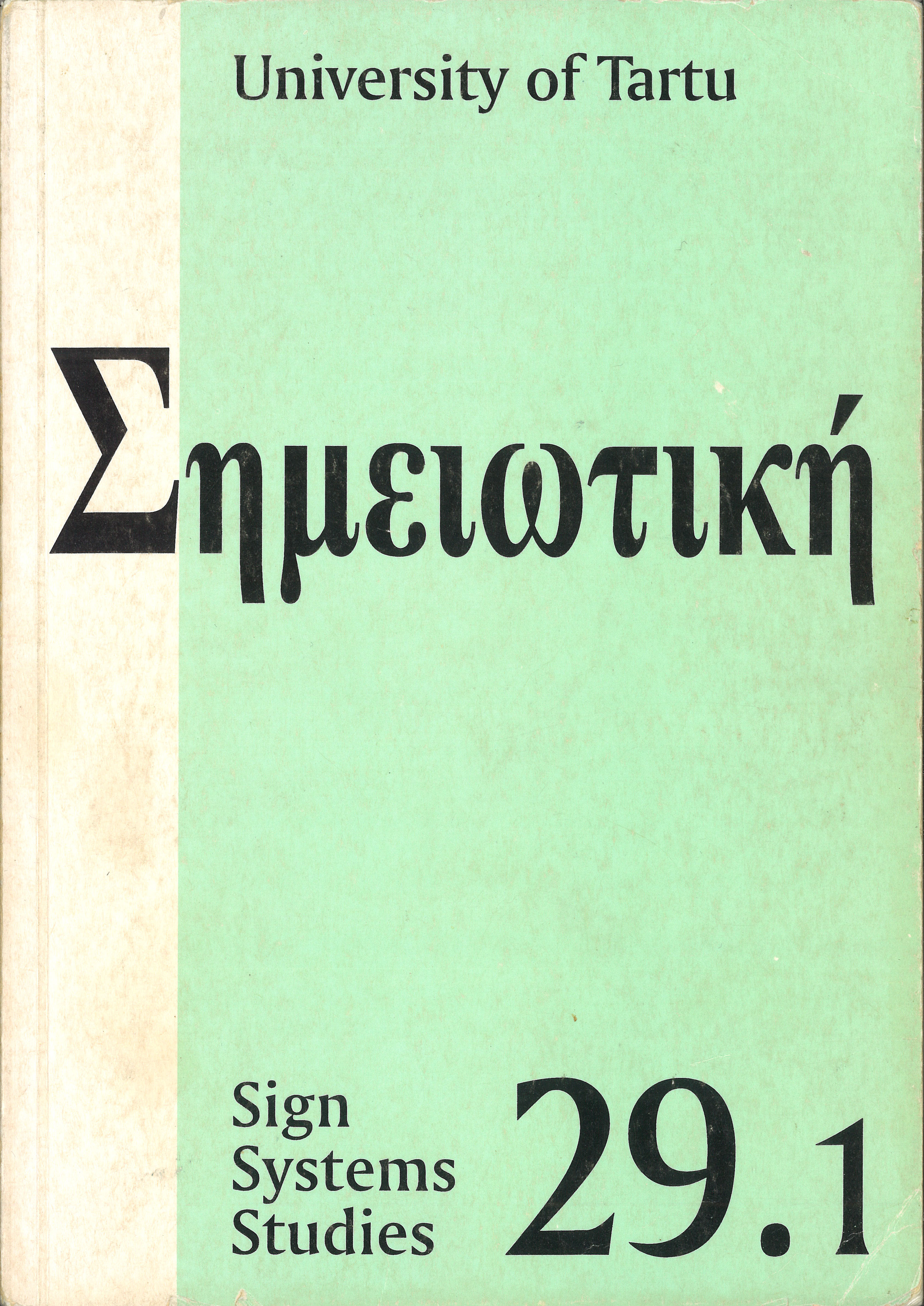Ecosemiotics and the sustainability transition
DOI:
https://doi.org/10.12697/SSS.2001.29.1.14Abstract
The emerging epistemic community of ecosemioticians and the multidisciplinary field of inquiry known as ecosemiotics offer a radical and relevant approach to so-called global environmental crisis. There are no environmental fixes within the dominant code, since that code overdetermines the future, thereby perpetuating ecologically untenable cultural forms. The possibility of a sustainability transition (the attempt to overcome destitution and avoid ecocatastrophe) becomes real when mediated by and through ecosemiotics. In short, reflexive awareness of humankind's linguisticality is a necessary condition for transforming ecologically maladaptive cultural forms. As a multidisciplinary, interdisciplinary research program integrating the human and natural sciences, ecosemiotic inquiry closes the gap between biophysical ecology and human ecology. A provisional outline of a pragmatic theory of ecoserniotics attempts to describe the processes by which adaptive cultural changes might be facilitated and points toward substantive content areas that constitute sites for further research. Ecosemiotic inquiry frames cultural codes as these shape and reproduce the ongoing stream of individual and societal choices that shape distinctively human existence in a larger context of biophysical realities that drive natural selection. However, while ecosemiotics is a necessary condition for the sustainability transition, it is not a sufficient condition.


